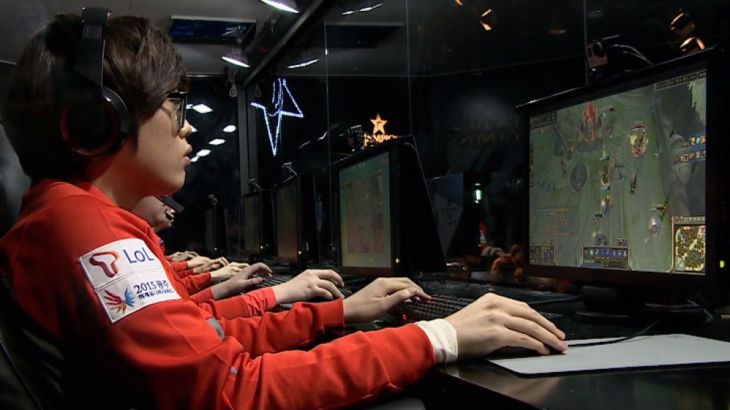
‘I don’t want to quit’: Treating gaming addiction in Japan
With more and more young people addicted to online video games, is there a way to treat the disease?
More and more young people are becoming addicted to online video games.
In a controversial decision last year the World Health Organization (WHO) classified it as a disorder. The WHO defines gaming disorder as “impaired control over gaming, increasing priority given to gaming over other activities, and continuation or escalation of gaming despite negative consequences.”
Although this disorder can be found anywhere in the world and only affects a small number of people who play video games, one of the first countries to deal with the disorder is Japan.
“I wake up in the afternoon and then turn my computer on. Then I’m gaming until about noon the next day and then go to sleep,” says Shintaro Sakurai, who has been gaming since kindergarten.
He plays every day, for between three and 20 hours a day, and seldom has time to do much else. But he also does not believe he is addicted.
”In
, they cannot understand that. So if we push too much, they will drop out from treatment. And this is a very big issue for us.”]
Excessive gaming also has an effect on the gamer’s friends and family.
“I wake up at around 8-9am. The first thing I do is open my computer,” says schoolboy Taito Kobayashi, who lives with his parents outside Tokyo. They are increasingly worried about their son and fear he may be addicted.
“He only sleeps a little and is up all night,” says Taito’s mother Remi Kobayashi. “Online games are the most important thing to him,” adds his father Hiroyuki Kobayashi. “As parents, we need to consider what we can do to help.”
Taito admits that he plays too much, but says: “I don’t want to quit.”
Dr Susumu Higuchi, an addiction specialist who works at the first clinic in Japan devoted to treating this disorder, is concerned about the neurological impact excessive gaming has on young people.
“There are at least several papers reporting the brain damage caused by gaming disorder, meaning the neural cells were destroyed or damaged by excessive gaming, and this is probably the most important or significant findings,” he says.
For those who are addicted, is there a way to successfully treat this disease? Higuchi says research into success rates is still being done.
“When we see a patient with gaming disorder, we strongly recommend him or her to give up playing games… If they agree to do that, usually their outcome is quite good,” he says. “But if they do not want to stop gaming completely … their outcome is not so good.”
He also highlights the difference between sufferers of gaming disorder compared with other forms of addiction.
“In the case of gambling, or in the case of alcohol dependence, the majority of patients are adults. They can understand the situation they are put in and they can understand why they have to stop drinking or stop gambling and so forth,” Higuchi explains.
“But in the case of schoolboys and girls [addicted to gaming], they cannot understand that. So if we push too much, they will drop out from treatment. And this is a very big issue for us. So we have to think about the balance between how hard we push, and at the same time we have to avoid the patient dropping out.”